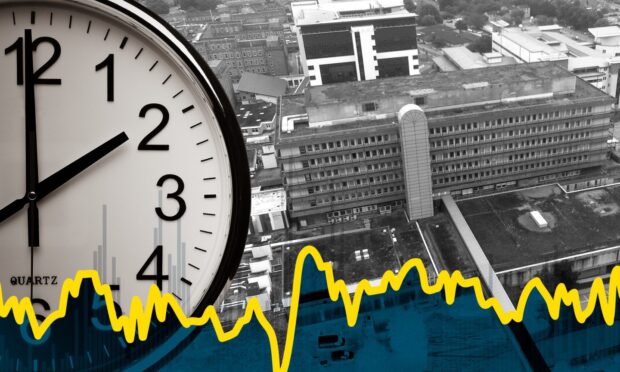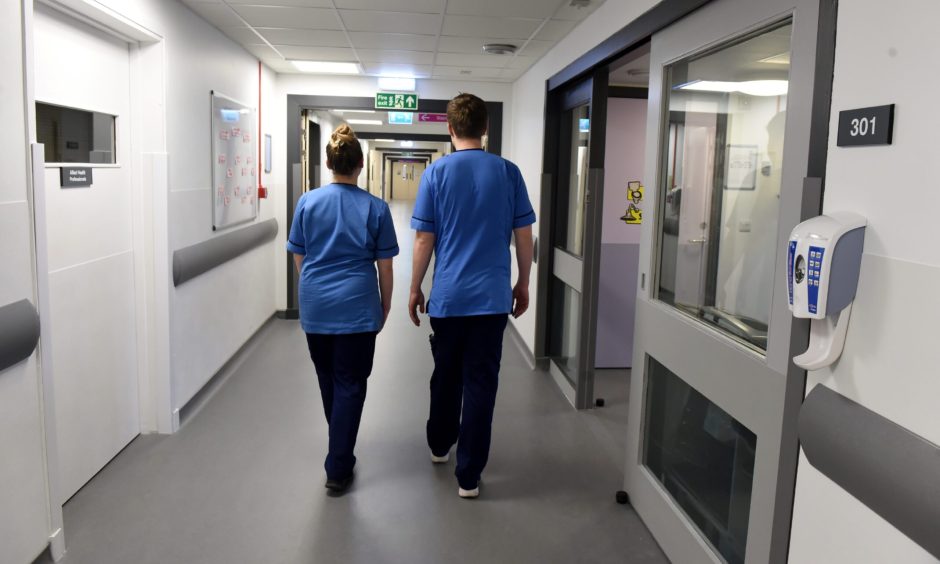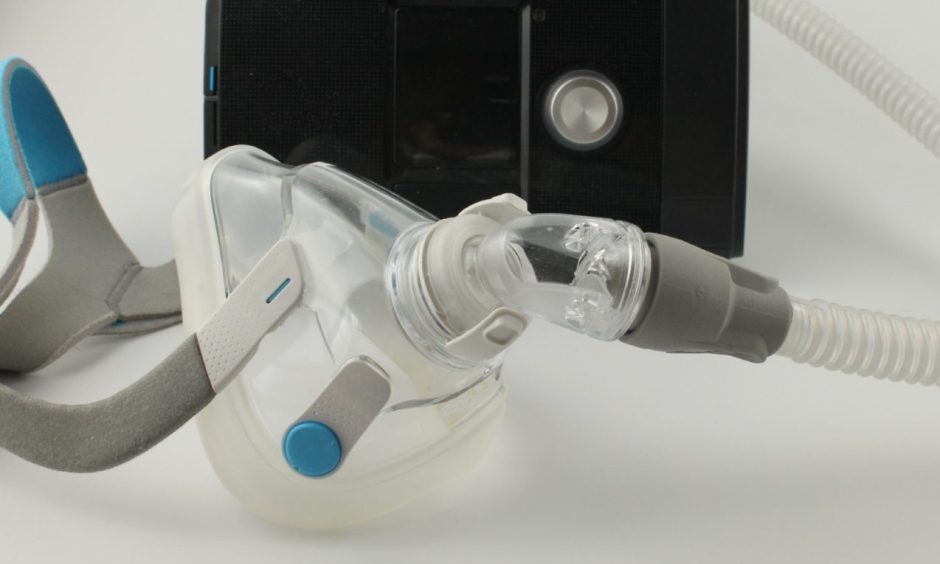The extreme pressure facing NHS Grampian is all too clear for north-east patients facing long waits for specialists.
A mix of staffing pressures, recruitment challenges, financial resource and increasing and high demand are taking a toll.
The latest NHS Grampian outpatient wait times from December 1 underline how long it can take between a GP referral and being seen in clinic.
We looked at the worst waiting times, looked at what’s behind the pressures and asked whether the situation will ever improve.
Here’s the list of six pressure points.
1. Psychology service for chronic pain patients
The longest out of all the NHS outpatient waits is for a routine referral to the acute sector psychology pain management programme.
The wait of 232 weeks is equivalent to waiting around four years and four months for an appointment.
There is high demand for access to the service. There have been long-term vacancies but the health board has recently recruited.
Once in place, their main focus will be on the pain management programme, in a bid to try and clear long waits.
2. Dermatology
The second worst wait is for patients waiting for a routine referral for dermatology.
They can expect to wait around 125 weeks, or over two years for their appointment.
Patients seen in the clinic suffer from a range of conditions affecting their skin, hair and nails including eczema and psoriasis.
There is high demand and those suspected of having cancer take priority.
But those waiting on an urgent referral on suspicion of cancer also face lengthy waits of 25 weeks – or over five months.
A recent Public Health Scotland report said NHS Grampian had seen an increase in dermatology waiting times due to the “loss of funding to provide external resource”.
“Recruitment to consultant posts has been agreed moving forward in order to return to a more sustainable position longer-term”, it added.
3. Ear, nose and throat
Another area of pressure is in ear, nose and throat where it’s expected to take 117 weeks (over two years) to be seen.
Even urgent referrals can take as long as 52 weeks.
ENT specialists can help diagnose and treat a range of conditions relating to the ears, nose and throat.
Head, neck, thyroid and suspicion of cancer take priority.
Urgent referrals for head and neck take around four weeks and thyroid urgent referrals approximately 14 weeks.
There are vacancies in the department but these will be advertised again.
Additional weekend clinics have been running since October to try and cut waits.
4. Radiology
NHS Grampian’s latest approximate outpatient waiting times states new patients face a wait of around 92 weeks or around one year and eight months for radiology.
The average wait is so high because of a long wait for a Dexa scan which monitors bone density at Dr Gray’s Hospital in Elgin.
These scans are often used to diagnose or assess the risk of osteoporosis, a condition that weakens bones and makes them more likely to break.
At ARI the wait is around eight months.
The Elgin wait is longer as it was paused during Covid and has never recovered.
Clinicians are working on a plan to reduce the Dr Gray’s wait, which should get underway some time in the New Year.
Waits for radiology diagnostic scans are not as long.
5. Sleep apnoea
An urgent referral for sleep apnoea testing takes an estimated 77 weeks or almost one year and five months.
Sleep apnoea is a disorder that causes someone to repeatedly stop breathing while they sleep.
The NHS say the condition has to be treated as it can lead to more serious problems such as an increased risk of stroke, heart disease, depression and diabetes.
Again, there is high demand on the service with urgent referrals prioritised.
There are also recruitment issues in this area.
6. Gynaecology
Patients waiting for a routine referral for gynaecology face waits of around 70 weeks or one year and three months.
Gynaecology is a broad speciality which covers a host of conditions relating to the female reproductive system.
Issues can include problems with periods, pain or prolapse.
The service has never caught up since the Covid pandemic but work is ongoing to reduce waits.
What does NHS Grampian say?
A spokesman for NHS Grampian said it is aware wait times for some outpatient services are longer than they would like and apologised to anyone affected.
He added: “We understand this can be incredibly frustrating for patients who are waiting for appointments and can impact on people’s quality of life, while they await diagnosis and treatments.
“The reasons for delays vary but include staffing pressures, challenges around recruitment to certain specialities, financial resource and increasing and high demand.
“Cases are prioritised based on clinical factors – with those with a suspicion of cancer being seen as a priority.”



Conversation